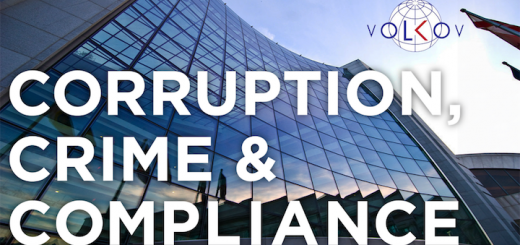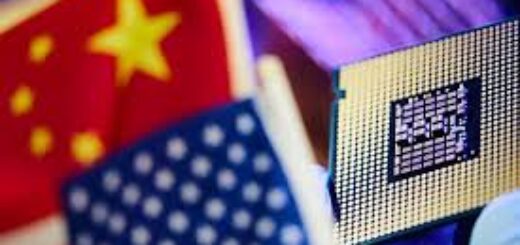Episode 375 — Tariff and Sanctions Enforcement

Tariff and trade violations are on DOJ’s radar screen. No question but starting with Customs and Border Patrol we can expect that regulatory investigations and enforcement actions will increase. Along with that — you can bet on this — DOJ’s criminal prosecution of tariff evaders will increase.
This is not very surprising — companies have an incentive to circumvent and evade tariffs. Depending on the amount of the tariff cost, companies can gain competitive advantages by avoiding tariff payments. This is an inevitable result that companies have to protect against.
CPB agents will quickly identify and refer potential criminal cases to Homeland Security Investigators. The FBI may join in these investigations.
With the expansion of tariffs under Sections 301 and 232, companies have to be alert to the common tariff evasion schemes, including undervaluation of goods, misclassification of imports under HTS codes, transshipment through third countries to disguise origin, false certification of origin, and division of shipments to avoid thresholds.
If your company is importing Chinese goods, Section 301 tariff evasion is high-risk activity. Further, forced labor enforcement under the UFLPA applies to high-risk industries in China, including solar panels, textiles, electronics and furniture.
With respect to Section 232 tariffs, companies which import aluminum and steel face significant risks of evasion schemes.
DOJ has a variety of tools available for criminal enforcement — customs fraud, conspiracy, wire fraud and smuggling statutes: 18 U.S.C. §§ 371, 545, 1341.
















With the increase in Section 301 and 232 tariffs, it seems companies are walking a fine line between maximizing profit and staying compliant. It will be interesting to see how the DOJ handles forced labor enforcement, especially with industries like textiles and electronics facing additional scrutiny.